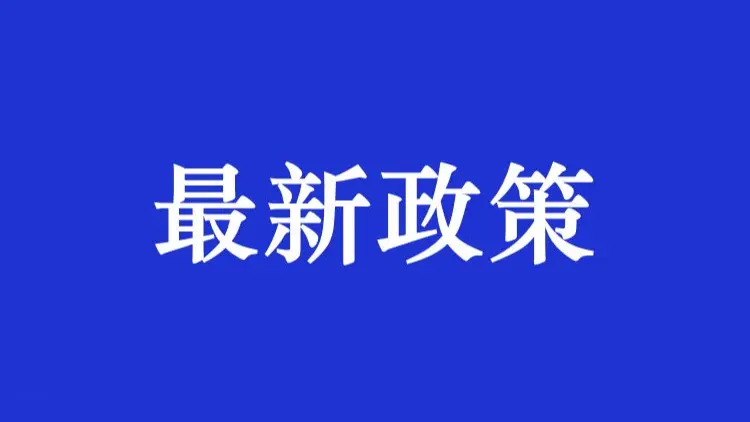Issued by the National Development and Reform Commission and Relevant Departments
To the Development and Reform Commissions, Departments of Industry and Information Technology, Finance Bureaus, Housing and Urban-Rural Development Authorities, and Market Supervision Authorities of all provinces, autonomous regions, municipalities, cities with independent planning status, and the Xinjiang Production and Construction Corps:
Key energy-consuming products and equipment are widely used, produced in large quantities, and consume substantial amounts of energy, closely tied to daily production and life. Improving their energy efficiency is a vital strategy for advancing energy conservation and carbon reduction, supporting the goals of carbon peaking and carbon neutrality, and upgrading the quality of manufacturing.
To implement the Opinions of the CPC Central Committee and the State Council on Fully and Accurately Implementing the New Development Philosophy, the Carbon Peaking Action Plan Before 2030, and the 14th Five-Year Plan for Energy Conservation and Emission Reduction, we hereby issue the 2022 Edition of the “Advanced Efficiency, Energy-Saving, and Market Access Levels for Key Energy-Consuming Products and Equipment,” with the following provisions:
I. Rational Classification of Energy Efficiency Levels
Based on current national mandatory energy efficiency standards and considering the technical level and development stage of industries, products are categorized into three levels:
- Market Access Level: The minimum efficiency requirement for market entry; consistent with current standard limit values;
- Energy-Saving Level: No less than current Level 2; more energy-efficient than the access level and intended to transition into the new minimum standard in 3–5 years;
- Advanced Level: No less than Level 1; representing the top performance currently achievable.
Energy efficiency testing methods must comply with relevant national standards. Categories and levels will be updated as necessary to support national carbon reduction goals.
II. Promoting High-Efficiency Products and Equipment
Policies for green procurement shall be optimized. Expand the scope of green products and establish unified labeling, certification, and recognition systems. State-owned enterprises must lead in implementing green procurement guidelines and prioritize high-efficiency products.
Retailers and e-commerce platforms are encouraged to create dedicated sections, apply exclusive labels, and offer green discounts to guide consumers toward advanced efficiency products. Enterprises are encouraged to take advantage of preferential tax policies and adopt high-efficiency equipment during energy-saving renovations.
Projects such as green buildings, ultra-low-energy buildings, and major infrastructure developments should increase the adoption of high-efficiency products. Local policies should avoid providing subsidies to products below the energy-saving level.
III. Phasing Out Obsolete Products and Equipment
Energy authorities at all levels must strictly enforce energy review procedures. New construction and expansion projects shall not use products below the market access efficiency level. Major projects with energy use over 10,000 tons of standard coal per year, or those supported by government funding, should preferentially adopt products at or above the energy-saving level.
Market regulators shall prohibit the production and sale of products below the access level and combat false efficiency claims. Relevant authorities must guide enterprises to eliminate outdated equipment through lawful and compliant means.
IV. Supporting Industry Upgrading
Accelerate the development and revision of mandatory efficiency standards to raise entry thresholds. Increase budgetary and financial support for high-efficiency equipment and key components. Strengthen green finance efforts and encourage R&D investment in high-efficiency technologies.
Industrial clusters are encouraged to formulate tailored policies using pricing, investment, and financing tools to foster enterprise upgrades and improve energy efficiency.
This notice shall take effect on January 1, 2023. If relevant standards specify otherwise, follow those provisions. Local authorities should recognize the importance of energy efficiency improvement, refine implementation measures, and promote green and low-carbon transformation, contributing to carbon peaking and neutrality goals.
Issued by:
National Development and Reform Commission
Ministry of Industry and Information Technology
Ministry of Finance
Ministry of Housing and Urban-Rural Development
State Administration for Market Regulation

